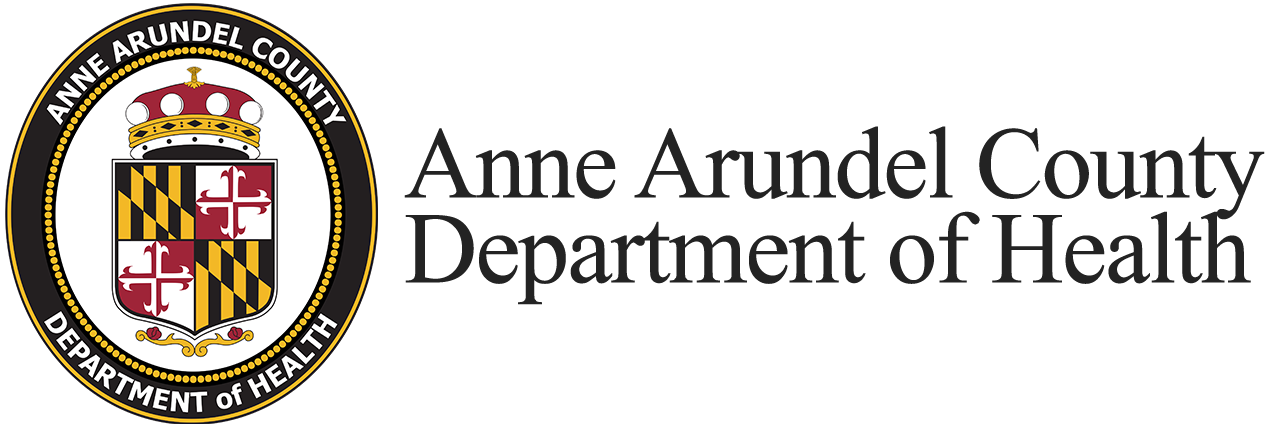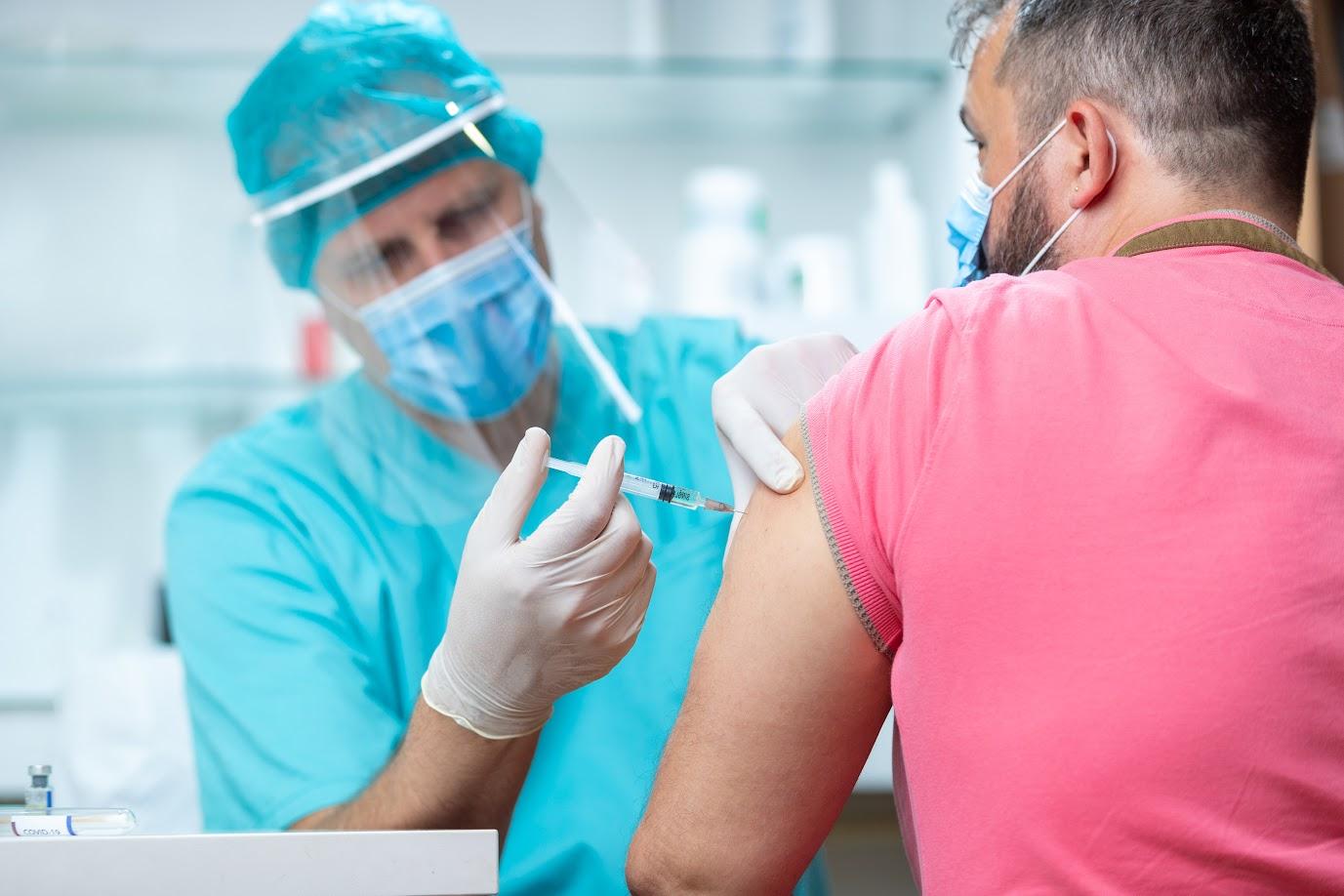The Department of Health’s Immunizations Program offers:
- Childhood immunizations for Vaccines for Children eligible children under age 19
- Pre-exposure rabies vaccines
- Tdap (whooping cough) vaccine for expectant mothers
- Flu, COVID and mpox vaccines
- Immunizations for adults with communicable disease vouchers
Call the Glen Burnie Health Center at 410-222-6633, the Magothy Health Center at 410-222-2752, or the Parole Health Center at 410-222-7247 for more information and to determine eligibility.
Childhood Immunizations
The Vaccines for Children (VFC) Program provides childhood vaccines free of charge to qualifying children under the age of 19 years old.
If your child is enrolled in Medical Assistance, uninsured or has health insurance that does not pay for any vaccines, your child might be eligible for free vaccines.
Appointments are for recommended vaccines, including MMR (measles, mumps and rubella), DTaP (diphtheria, tetanus and acellular pertussis) and chickenpox. Vaccines are available during regular weekly clinics held by appointment.
For uninsured, underinsured or Medical Assistance children only.
Children's Immunizations Clinics
Clinics will adhere to the following guidelines:
- Siblings not being vaccinated should stay home, if possible.
- Documentation of any previous immunizations should be provided.
- Clinic personnel practice standard precautions for infection control.
After an immunization, some children may develop a low-grade fever, soreness, or become red or swollen at the injection site. Giving acetaminophen (Tylenol) if symptoms develop and every four hours afterward will help to reduce discomfort. Although very rare, contact your pediatrician immediately if your child develops a fever over 103°F, seizures, limpness or paleness.
Maryland Back-to-School Immunization Requirements
Meningococcal and Tdap vaccines are required for 7th-12th grade students.
These vaccines help prevent bacterial meningitis, whooping cough, tetanus and diphtheria.
Children should see their primary health care provider to get the required vaccines for school. Parents must provide proof of immunizations to the school nurse.
Vaccines for Children Program
The Vaccines for Children Program provides childhood vaccines free of charge to qualifying children under the age of 19 years old. If your child is enrolled in Medical Assistance, uninsured or has health insurance that does not pay for any vaccines, your child might be eligible for free vaccines.
Adult Immunizations
Where do I go for immunizations?
Ask your medical provider about vaccines.
What immunizations do I need while traveling abroad?
The Department of Health does not provide travel immunizations or information on vaccines needed for travel to other parts of the world.
For more information about safe health practices while traveling aboard, visit wwwnc.cdc.gov/travel/page/travel-vaccines.
To prevent pertussis (whooping cough), Tdap vaccine is recommended for all health care workers and adults in close contact with infants. Age-appropriate immunization is required for enrollment in Maryland childcare institutions and schools.
For information on adult immunizations, call:
- Glen Burnie Health Center, 410-222-6633
- Parole Health Center, 410-222-7247

